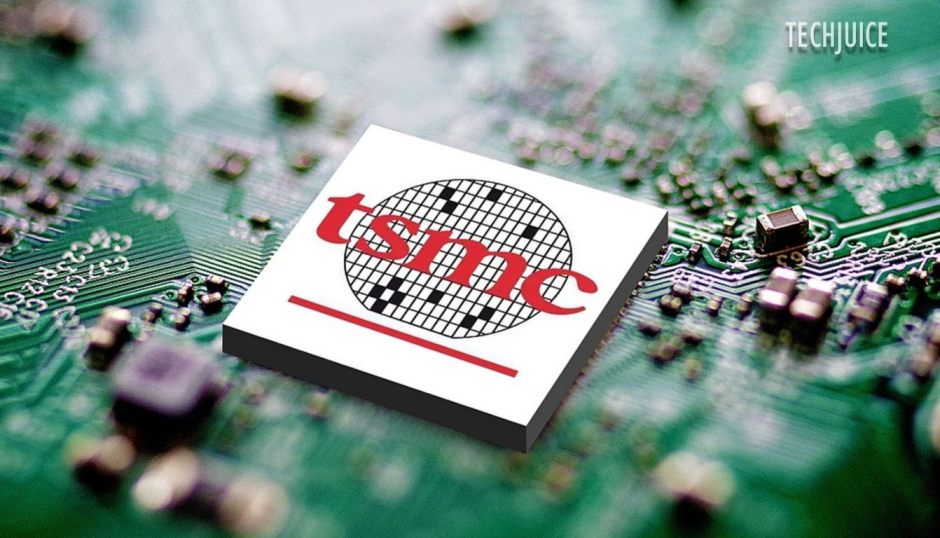The U.S. Department of Commerce has instructed TSMC to suspend all shipments of 7nm and more advanced chips to China, including those used in AI and GPU applications. This directive, which takes effect today, comes after the discovery of a TSMC chip inside a Huawei AI processor, raising alarms about potential violations of U.S. export controls. The new restrictions could have far-reaching consequences for both the tech industry and China’s AI ambitions.
The discovery of a TSMC chip in a Huawei processor suggests that Huawei may have indirectly gained access to semiconductors restricted under U.S. trade sanctions. For an extended period, Huawei has been prohibited from directly procuring advanced CPUs from companies such as TSMC. However, third-party suppliers may have been circumventing these sanctions by providing Huawei with advanced processors.
These processors, which are essential for AI applications, are subject to stringent U.S. export controls. Additionally, the United States imposes restrictions on the export of AI-related chips from companies such as Nvidia to Chinese customers. TSMC has informed clients that shipments will be paused starting Monday, confirming its commitment to “complying with all applicable rules and regulations, including applicable export controls.”
This move reflects growing U.S.-China tensions over advanced semiconductor technology, especially AI processors. The shipment halt may be a significant setback for certain Chinese clients; however, recent information indicates that TSMC may proceed with the shipment of the advanced processors while it conducts a thorough review of each project individually and awaits additional sanction from the U.S.
The revenue of TSMC, which comprises 67% of its total revenue, could be affected by the restrictions, particularly those that pertain to its advanced node procedures. TSMC’s revenue from China has maintained a consistent range of 11% to 13%. However, if Chinese AI companies are significantly affected, analysts anticipate a loss of 5% to 8%. TSMC may mitigate some of these losses by increasing prices and meeting the global demand for AI chips.
This suspension highlights the intensifying U.S.-China technology rivalry. The U.S. continues to enforce strict export controls, particularly targeting Huawei, due to its close ties with the Chinese government and its role in 5G and AI technologies. This move may slow Huawei’s progress in these areas, as the U.S. works to safeguard its technological edge.











